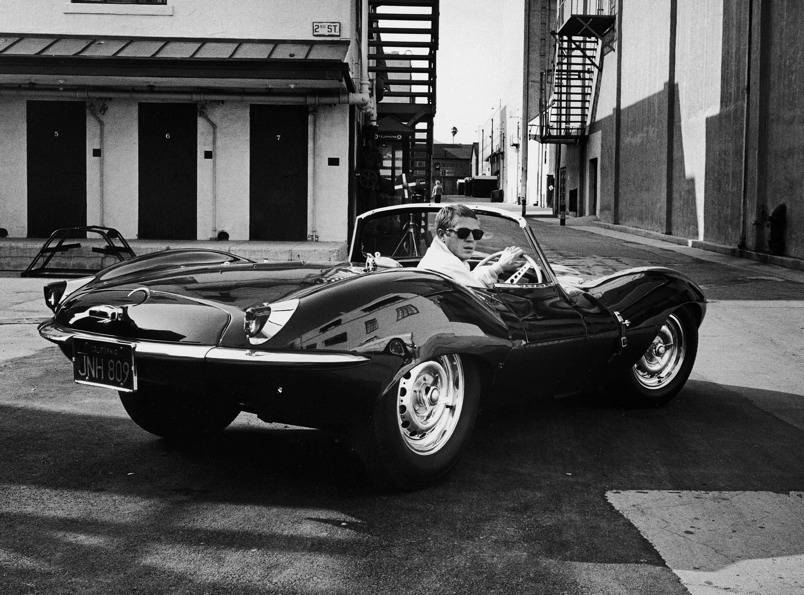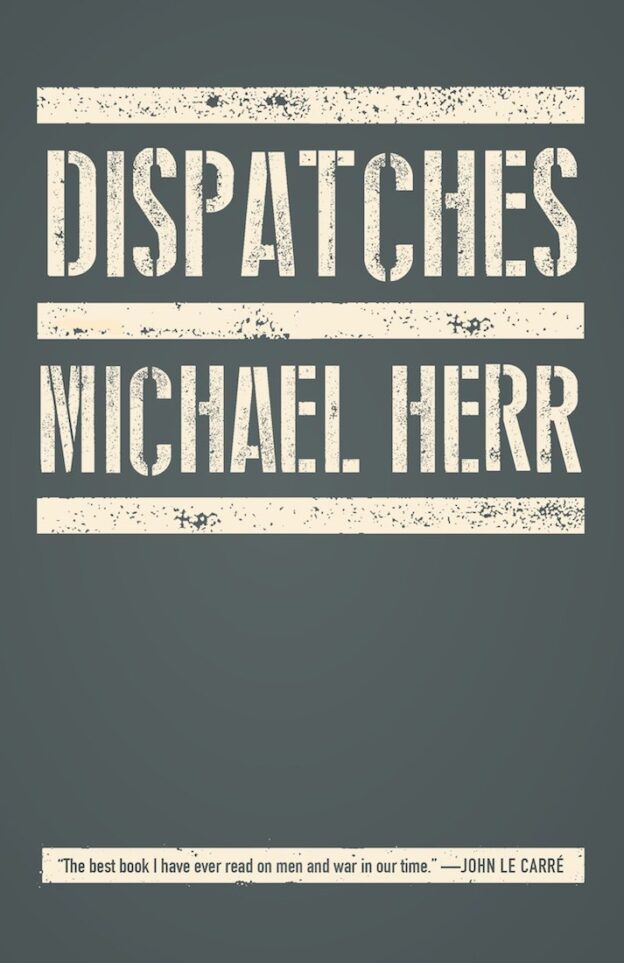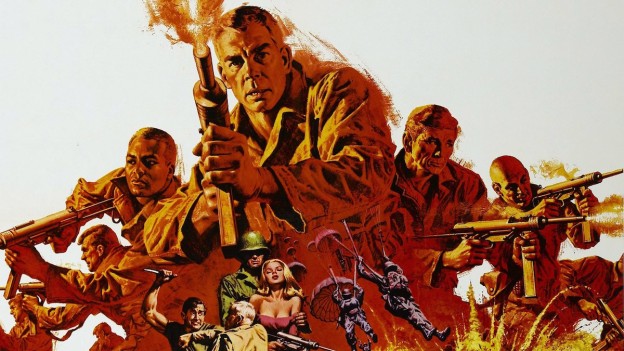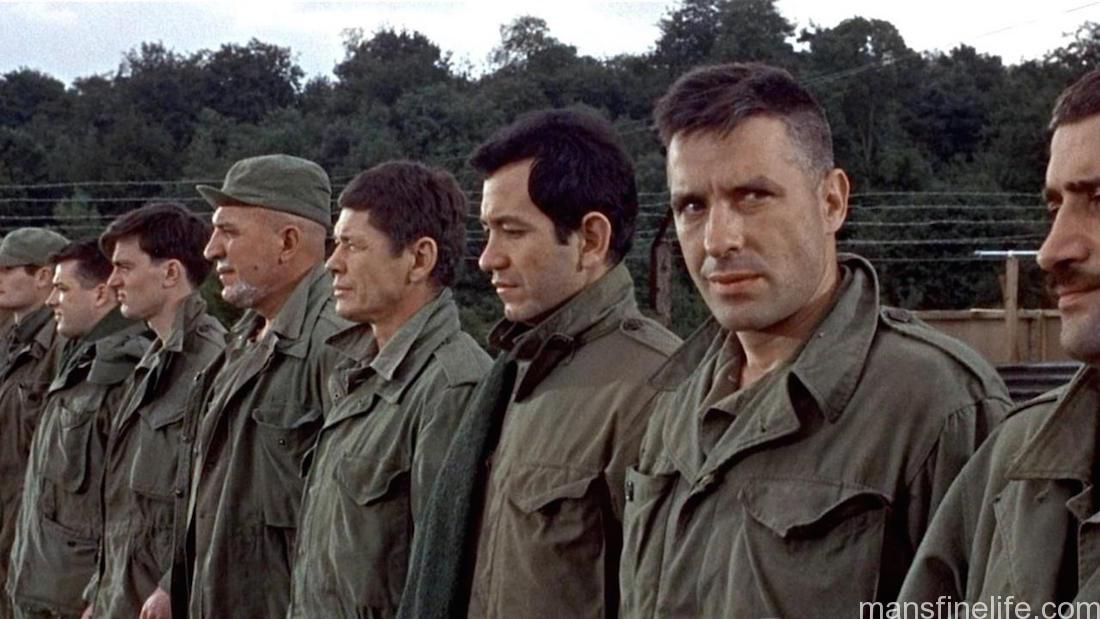Positives have been hard to come by during the COVID-19 pandemic. But reading more books is definitely one of them. Without plays, movie theaters or sports for so long, and absent the regular hustle of commuting and socializing, there is plenty of time to give oneself permission to read books again. I’ve always envied those people who say they read like three-four books a month and wondered exactly where they found the time to do so in this modern, high-productivity world where you end up working even when you’re not technically on the clock. Even if I had somehow carved out that time when things were normal it would’ve felt like slacking to take, say, two hours in the middle of the day to read a big chunk of a book. Reading was reserved for evenings before bed, usually balked before long by sleep, and beach vacations with endlessly relaxed hours of leisure between breakfast and lunch with which to consume the literature of one’s choice while lying in the sun. But during these crazy, restricted circumstances the regular rhythms of workaday life have been so disrupted that there are vast swaths of time while “working” from home that are justifiably and easy filled with a bit of reading. And one of the best books that I’ve read during this forced hiatus in any genre or on any subject is Michael Herr’s Vietnam War classic, Dispatches.
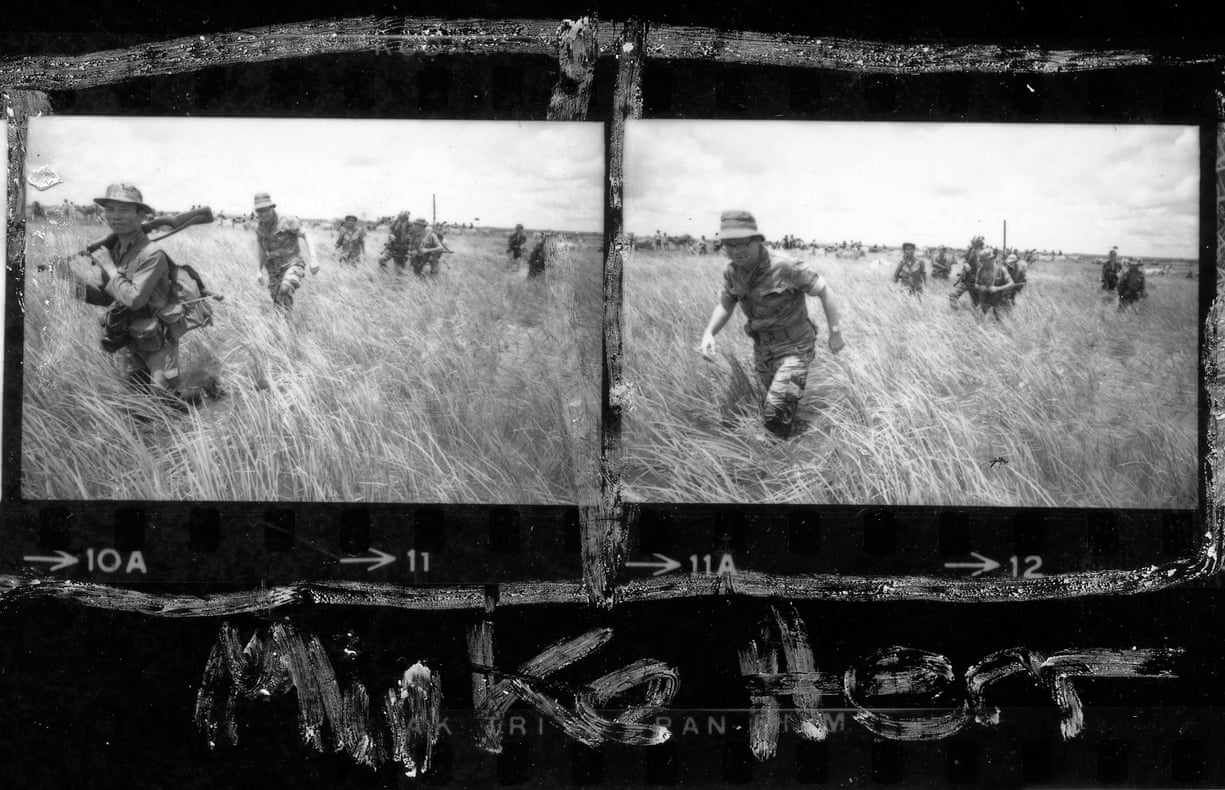
Michael Herr in Vietnam – photo by Tim Page
I was honestly surprised that I hadn’t come across Dispatches before now since it is regarded as one of the classics on the subject if not the finest journalst’s account of the Vietnam conflict. Like many young Americans during the 1980s, I went through a major period of fascination with Vietnam during my school years over and above any mandatory history courses. Films like Francis Ford Coppola’s epic Apocalypse Now, which echoed long after its initial 1979 release and continues to do so today, and then Oliver Stone’s Platoon (1986) seemed to ignite a resurgence of interest in that star-crossed war. I consumed a lot of first person accounts like Mark Baker’s grueling oral history, Nam, and Philip Caputo’s personal experiences there as a Marine lieutenant in combat, A Rumor of War. Yet somehow one of the very best of these accounts slipped through the cracks of my reading list those many years ago. So I’m all too happy to have “discovered” Dispatches now, however belatedly and however weird the present circumstances. Fortunately, I was reading an anthology of long reportage called The New Journalism (co-edited and featuring a long essay of principles by the late, legendary Tom Wolfe, the New Journalism’s leading practitioner and proponent), when I came across a brilliant excerpt of Herr’s writing and I knew I had to get the whole book.
“And at night it was beautiful. Even the incoming was beautiful at night, beautiful and deeply dreadful.
I remembered the way a Phantom pilot had talked about how beautiful the surface-to-air missiles looked as they drifted up toward his plane to kill him, and remembered myself how lovely .50-caliber tracers could be, coming at you as you flew at night in a helicopter, how slow and graceful, arching up easily, a dream, so remote from anything that could harm you. It could make you feel a total serenity, an elevation that put you above death, but that never lasted very long. One hit anywhere in the chopper would bring you back, bitten lips, white knuckles and all, and then you knew where you were.” — excerpt from Dispatches
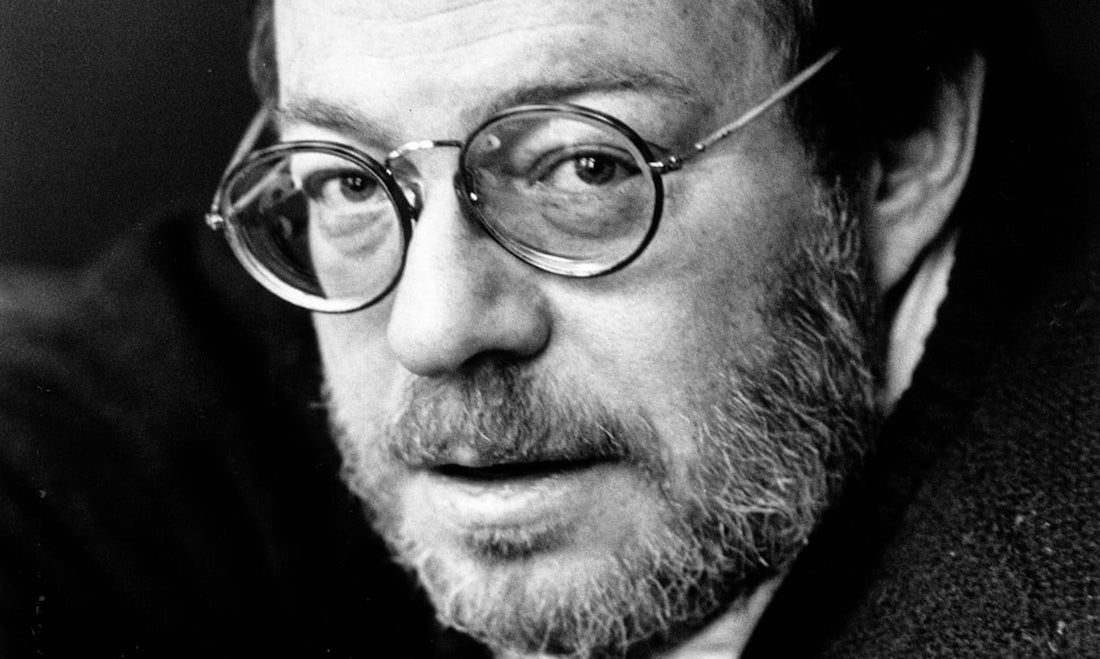
Michael Herr –Photograph by Jane Bown
The late Michael Herr (b. 1940 – d. 2016) was a fairly green reporter with not much more than some rock criticism under his belt when he somehow wangled an assignment from Esquire to cover the war for them on the ground in Vietnam. Continue reading
